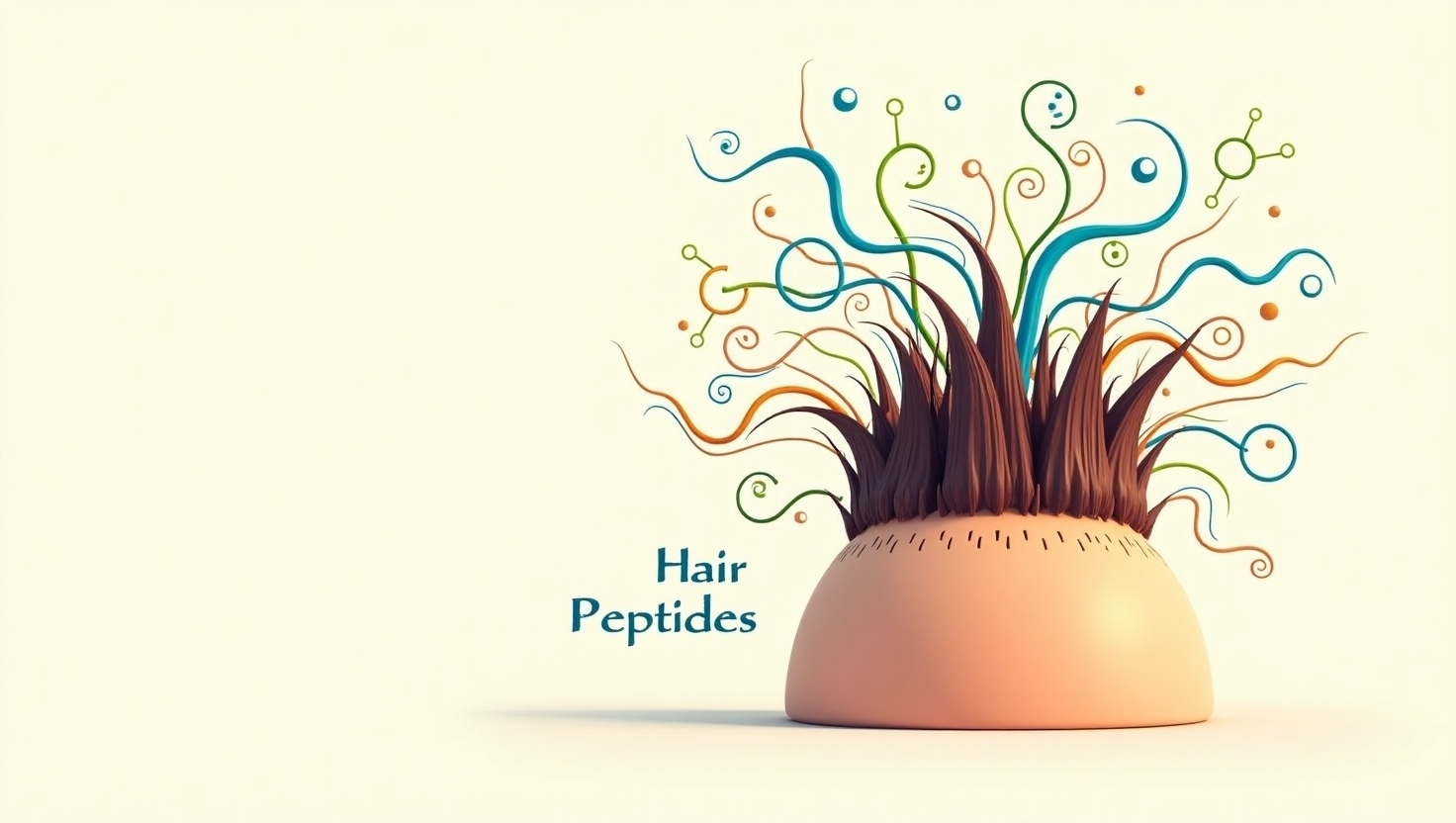Peptides and Their Function in Hair Regeneration
Peptides are short chains of amino acids that play a critical role in various biological processes, including cell signaling and tissue repair. Within the realm of hair growth, peptides have been extensively studied for their ability to stimulate follicular activity, enhance blood circulation to the scalp, and support the production of essential proteins such as keratin and collagen. These functions make peptides a promising area of research in hair restoration therapies. Researchers seeking to order peptides online have been exploring their regenerative properties and their potential applications in hair follicle rejuvenation.
How Peptides Influence Hair Follicle Stimulation
Hair growth is regulated by a complex interplay of hormones, proteins, and cellular signals. Peptides, particularly biomimetic peptides, have been shown to mimic natural growth factors that influence follicle cycling. Some peptides, such as copper peptides, work by increasing blood flow and reducing inflammation in the scalp, leading to an improved environment for hair regrowth. Others, like thymosin beta-4, are believed to promote stem cell activation and follicular regeneration. These findings have led to a surge in interest among researchers looking to get high-quality peptides online for further examination of their potential in combating hair thinning and hair loss disorders.
Comparing Peptides and Other Hair Growth Compounds
Peptides stand out from other hair growth-promoting compounds due to their ability to target hair follicle health at a molecular level. Unlike traditional treatments that focus solely on hormonal pathways, peptides offer a multifaceted approach by stimulating growth factors, improving scalp circulation, and enhancing cellular repair mechanisms. When evaluating peptides vs SARMs in terms of hair growth applications, peptides are specifically engineered to interact with follicular cells, whereas SARMs (Selective Androgen Receptor Modulators) primarily target muscle and bone tissue. This distinction underscores the specialized role peptides play in hair rejuvenation.
The Mechanisms Behind Peptide-Induced Hair Regrowth
Peptides work by signaling the body to increase the production of key proteins essential for hair follicle health. Some peptides, such as GHK-Cu, have been shown to reduce oxidative stress and inflammation, factors that contribute to hair loss. Other peptides help prolong the anagen (growth) phase of the hair cycle, leading to thicker, healthier strands. Research continues to explore how peptide formulations can be optimized to enhance their absorption and effectiveness in stimulating robust hair regrowth.
The Future of Peptide Research in Hair Loss Treatment
While peptides hold great promise in hair restoration, continued studies are necessary to determine their long-term efficacy and optimal formulations. Scientists are examining the synergistic effects of combining peptides with other bioactive compounds, such as antioxidants and plant-based extracts, to maximize their regenerative potential. As advancements in peptide technology progress, these compounds may become a cornerstone in non-invasive hair loss solutions, paving the way for new therapeutic options in the field of dermatology and hair science.




Top comments (0)